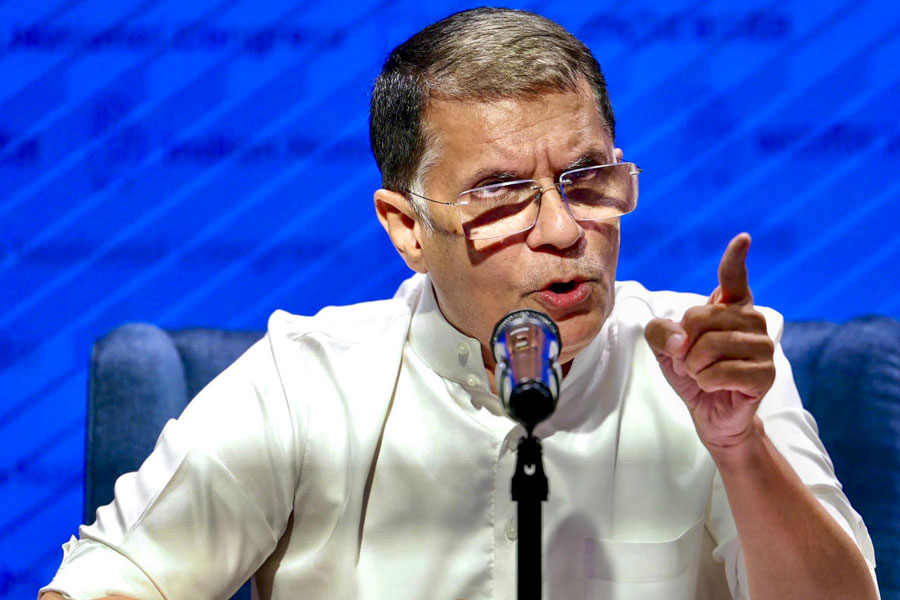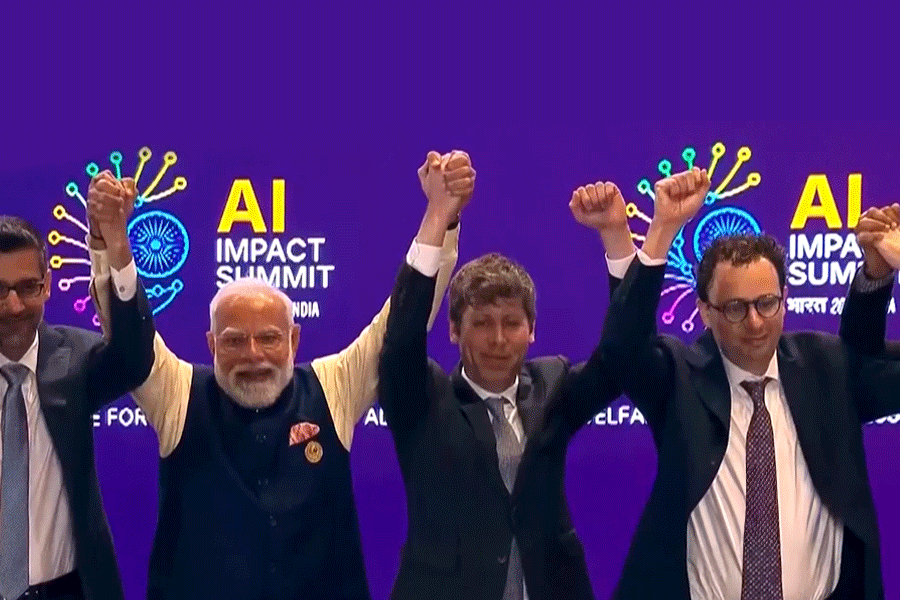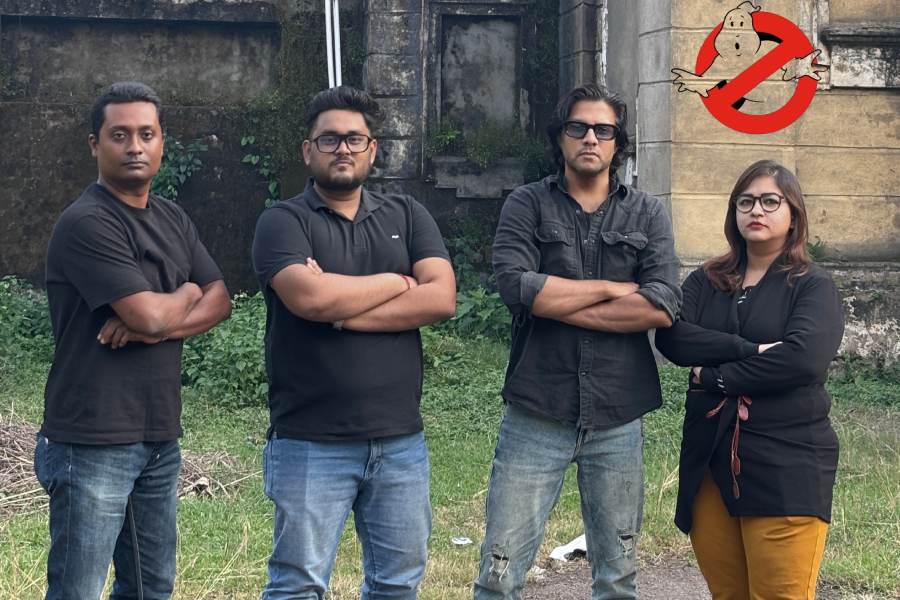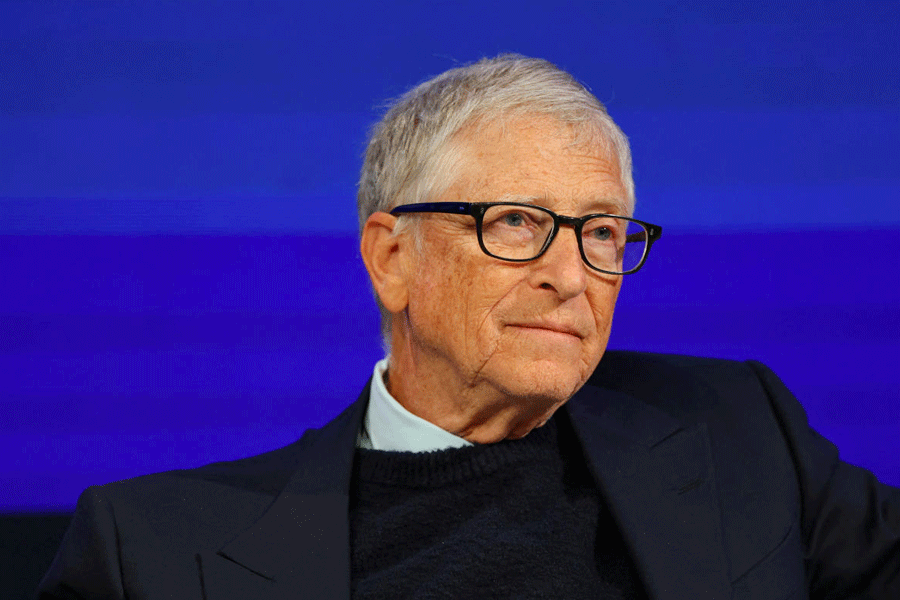When I first got a call to audition for the Bollywood film, Nirvana 13, I was a bit sceptical. The person, who had called me, said he had read about me on several film websites and was impressed by my earlier projects.
“We are looking for a new face and you would be great for the role of Mariam D’Souza. Come down to our office,” he told me and asked me to note down an address.
After I hung up, I was in two minds. Was it a genuine person? After all, there are all kinds of people in Mumbai. But then what's life without risks? If I got through the auditions, it would be a big break for me.
I looked at the address again and took a deep breath. Finally, I got out of my house and headed towards the specified location. I met a young man, Sharad Rawat, who introduced himself as the executive producer for the upcoming project.
After the meeting, he told me they would call me for some screen and dialogue tests. I got a call from him after a gap of two months. He told me that I was among a handful of artistes shortlisted for the final round of audition.
I gave my best, yet I was nervous and thought whether I would be selected for the role or not. It was just a matter of few hours before they announced that I would be cast as Mariam D’Souza in Nirvana 13! With that, I had managed to put my foot in the Hindi film industry.
My director, Jitin Rawat, told me from Day One that he was making the film for the international market. Instead of feeling pressurised, I was proud that I was part of this project. I was determined to do all that it would take to make the film a success. The film was a psychological thriller — not something you get to see very often in Bollywood.
The script reading sessions began. This is something we don’t do in Odia films. Whenever I made a mistake, my co-actors and my director used to correct me.
Mariam is a Christian woman, a nurse, residing in Mumbai. I had to work a lot to get into the role, perfect my pronunciation and speech delivery.
One of my favourite scenes is where Mariam, a quiet, introvert person, breaks down emotionally and asserts herself.
Jitin is someone who pushes you to put in that extra effort and I remember giving eight to nine shots for that scene. Each time I thought I had given a good shot, he used to holler, “No, Anu, tum isse bhi achha kar sakti ho” (No, Anu, you can do much better than this) and get the best out of me. This was one of the most challenging roles that I have ever played.
I have worked in Odia, Bengali and Telugu films, and now, have also made my debut in Bollywood. Everywhere, the working conditions, people and challenges are different.
I feel proud that today we have our own film industry. However, our industry lacks professionalism. We have the capability to make it big but somehow I feel that we are forgetting our originality. People have been saying that we blatantly copy from Hindi and South Indian films. In my opinion, adaptation is not a big deal. It is okay. A story is universal.
For example, the story of the Mahabharata or say, the Ramayana, is one. But all depends on how one gives it a spin and presents it differently.
People often ask me if I am comfortable with bold scenes and physical intimacy on screen. I say if the character demands it then I wouldn't have a problem. One should not titillate the public unnecessarily with such scenes. Good directors always know how to avoid skin show and yet make it sensual.
For example, my director in Kathantara had to shoot a scene where this young village girl has floated from one place to another and does not have a single piece of clothing on her body.
It was not possible on my part to strip down completely but it was shot so beautifully that it conveyed the message to the public. I am not in favour of vulgarity, exposing, etc. unless it is absolutely necessary and would do it in a way, so that the audience does not feel offended. Can you call the image of a woman giving birth to a child or a mother breastfeeding her child as vulgar? No. It is the beauty of nature.
Coming back to Odia films, these days I have become more selective and am taking my time before accepting an offer. To be very honest, since I have gathered so much experience in this field, I don’t mind waiting until a quality project comes my way. When I started my career with Maa Gojabayani, I had set a target for myself.
Today, we have the technology, but unfortunately, the kind of films that we used to make earlier is not made these days. The quantity of films is more but the quality is lacking.
I am not an authority to comment on any particular person or criticise a particular film. Because when I was a newcomer in this industry, people had also said negative things about me. But thanks to those critics, I tried to work on that and convert my weaknesses into my strengths.
If someone wants to become a star overnight then one cannot learn anything. Acting is craft and everyday you get to learn new things, the lessons are unending.
We have only been doing the practicals but are not thorough with the theory. We have a long way to go. I have one dream and that is to see the Odia film industry prosper.
(The author is an actor)










